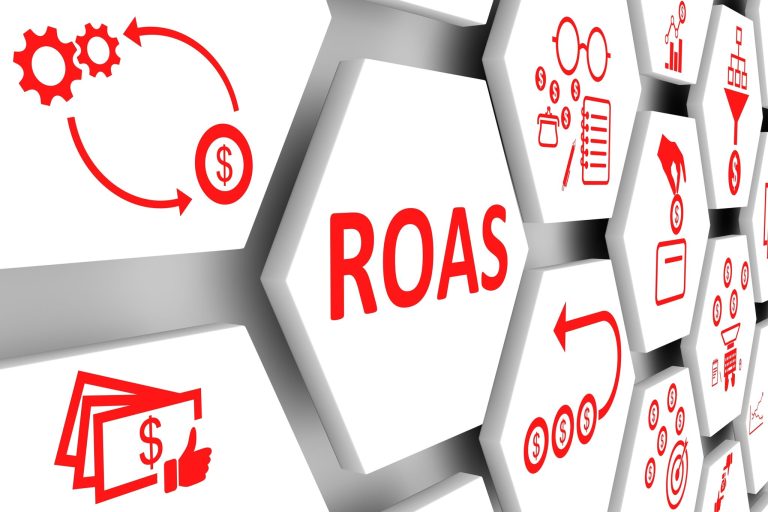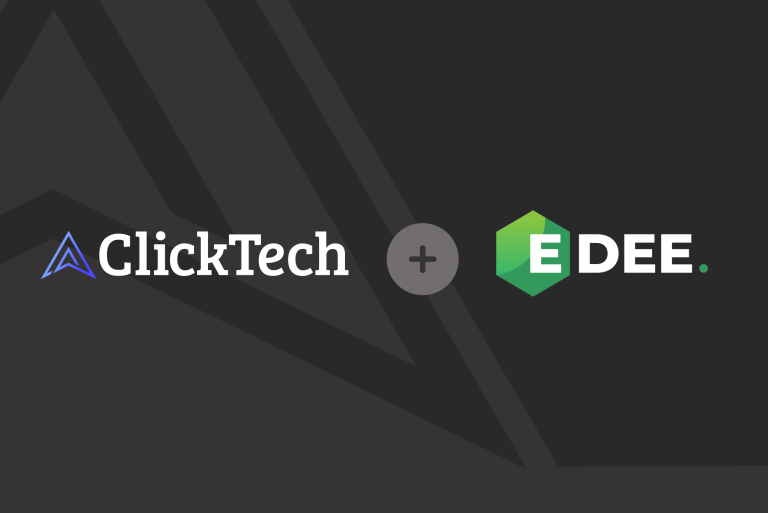The difference between companies that grow and those that don’t is customer retention. The more customers you can keep on-side and continue to sell to, the more likely you are to achieve your business goals. Acquiring a new customer can also be anywhere from five to 25 times more expensive than retaining an existing one.
And the more you know your customers, the easier it will be to fulfill their needs.
That’s where CRM comes in. Here’s everything you need to know about effectively managing your customers, how you can use it to your advantage and where you can find your perfect CRM solution. We’ve also put together a list of the best CRM software currently available to help you choose the best one for your business.
What is CRM?
CRM stands for Customer Relationship Management and refers to the strategies, techniques and tools used to manage new and existing customers. It’s used to reveal patterns and trends in the consumer buying process so that businesses can make more informed, profitable decisions.
CRMs are cloud-based tools that you can log into with an account, but ‘CRM’ can also be used as an umbrella term for:
- CRM as technology: This is usually an online tool or solution that businesses use to record and analyse customer interactions.
- CRM as a strategy: Unlike a physical product, this is a customisable philosophy decided by a business about how customer relationships should be managed.
- CRM as a process: A mix of the two, this is the system a business adopts to manage their customers, usually on a recurring basis.
You might also hear people talking about “the CRM” or “a CRM”, in which case they’re probably referring to a type of software used to manage customer interactions.

According to Gartner, Inc, at the end of 2017, worldwide CRM software revenue overtook that of database management systems (DBMSs), making CRM the largest of all software markets. It was even predicted to be the fastest-growing software market in 2018.
Now, CRM is expected to amount to approximately $3,105.9 million by 2021.
How can it help you?
The primary benefit of CRM is that you can centralise, optimise and streamline your communication to help increase retention and strengthen customer relationships. It’s known to improve performance across email marketing, but also has its advantages across other areas of business.
Some of the biggest benefits include:
- Improved customer service
CRM systems make it easy to manage all of your contacts in one place and build profiles of everyone you interact with. You can also make use of well-organised data to spot trends and patterns in their behaviour and target them when they need your product or service, increasing their loyalty and boosting your conversion rate.
- Better analytics
Analytical CRM tools present your data in a format that’s intelligible, easy-to-consume and relevant to your business needs. Whether it’s inbound sales, finance data, or something to do with your entire marketing strategy, it’s easier to spot where you’re underperforming and overspending and you will be less likely to make any errors.
- Clearer communication
Despite the benefits of collating data, having too much of it or not knowing what it means can be a huge problem. Collaborative CRM tools can streamline your work and allow for frictionless communication between team members, and allow you to report back to clients and stakeholders with ease.
- Increased efficiency
Designed to help streamline processes, CRM systems are an excellent way to organise and automate certain parts of your business. As your dashboards and analytics update automatically, you will be able to make smart decisions based on real-time data and gain more accurate insights into customer interactions.

How much does it cost?
The amount you pay for a CRM platform really depends on what you plan to use it for. A lot of them are all-in-one marketing tools, therefore the advanced features often come with a higher price, but others are relatively cost-effective and sometimes offer discounts depending on your number of users.
When you consider all of the benefits, using a CRM tool to help organise and retain your customers is a long-term, worthwhile investment. Use Adzooma Marketplace to find the right match for you and ensure you’re only paying for what you need.
Who should use it?
Pretty much every business can benefit from better organisation, task management and automation tools, which means they can also benefit from CRM. Marketing teams, non-profit organisations, editorial companies, agencies, the list goes on.
However, if you’re a company with a large customer base, CRM is vital in order to manage and strengthen your relationships.
“Having your CRM system segmented into the different customer modules based on products you sell, being able to track sales, having clear outreach activity noted against your customers and having workflows set up to improve automation of processes can be beneficial to all businesses.”
Jordan Fielding, CRM and Dialler Manager at Adzooma
Jordan also said the main focus of utilising your CRM system involves:
- Prioritising customer stages along your sales pipeline
- Ensuring security and compliance when handling customer data
- Automating as much as possible to increase employee productivity and cut down on human error.
What’s the best CRM software?
There are three types of CRM software, including Operational, Analytical and Collaborative, so it’s worth doing some research to find exactly what it is you need.
Some of the highest-rated platforms include:
- Monday.com CRM – An easy to use platform and offers the convenience of completing all of your sales and marketing tasks within a single resource.
- Pipdrive – This CRM software is apparently so easy to use, it takes just two minutes to set up, and as it’s used daily by over 95,000 teams.
- SharpSpring – This platform offers a suite of tools in a single tool helping you better manage your entire user journey and overall marketing strategy.
- Less Annoying CRM – A simple CRM platform built for small businesses who don’t need complexities of more advanced platforms – manage your leads efficiently at an affordable price.
- Keap – Keaps all-in-one CRM, sales and marketing automation platform offers a broad range of features for companies of all sizes.
- Zoho – One of the most popular CRM platforms designed to help you stay ahead of the numbers, collaborate with your team and omnichannel communication.
- Salesflare – A simple, yet powerful CRM platform for small businesses selling B2B where you can reduce your time spent on data entry by more than 70%.
- Nethunt – With 19 integrations with other apps including Gmail, LinkedIn and Facebook Messenger allows you to automatically structure your business data in the most efficient way.
Want something a bit more personalised to you? Adzooma Marketplace has the perfect solution.
Designed to be one of the most powerful lead generation tools on the market, you can compare agency services and reviews in minutes and send direct messages while you’re browsing. It’s an active, intuitive platform full of agencies that specialise in CRM, email marketing, content marketing and more.
Find everything you need in one, easy-to-use platform when you browse our list of recommendations. Marketplace has the expertise you need to grow.
“When choosing a CRM tool, I would suggest utilising a trial period to make sure it really works for your business. Don’t just watch a demo, plug in your customer data and use all of the features. I have worked with a dozen platforms and there still isn’t one that I would choose every time without testing it out with that business.
Once you have integrated a CRM, it takes a lot of time and retraining to change systems so my biggest advice is make sure you choose the correct tool that has the capacity to grow with your business.”
Laura Coppack, CRM Manager at Adzooma




